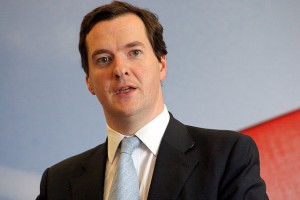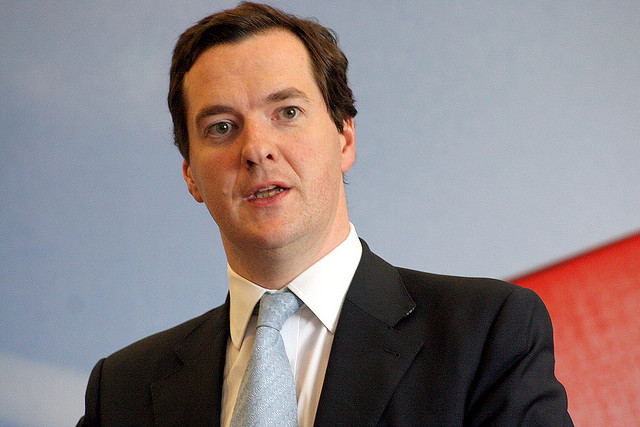 Chancellor George Osborne has confirmed that £11.5 billion in spending cuts will go into effect within the next three years. The Chancellor reached a compromise with a range of government departments over their operating budgets that will see a large decrease in government spending over the next three years.
Chancellor George Osborne has confirmed that £11.5 billion in spending cuts will go into effect within the next three years. The Chancellor reached a compromise with a range of government departments over their operating budgets that will see a large decrease in government spending over the next three years.
Spending cuts will begin in 2015 and will target several government departments in an effort to spread the effects of the reduced budgets. The Chancellor’s 2015 budget, which was outlined in a Spending Review, was completed last night after close to a month spent negotiating with government departments and economic groups.
Mr Osborne’s budget has come under scrutiny from a variety of leaders in the public sector, including Defence Secretary Philip Hammond, who claimed that the cuts may affect the country’s defence forces. Troop numbers have been cut twice recently due to the government’s austerity programmes, but will not be reduced further.
The Chancellor commented that the defence department had been the ‘biggest and most difficult challenge’ of the new budget, and that Mr Hammond will need to take a tough approach regarding the Ministry of Defence’s size. The new budget includes new funds dedicated to fighting cyber terrorism and other online military attacks.
Public spending has remained fairly high despite serious budget cuts made in recent years. The amount of money borrowed for public projects has also remained higher-than-normal despite increases in tax rates for many Britons. Economists believe that the new budget cuts could go some way towards decreasing the national deficit.
Osborne commented that the nation was ‘out of intensive care’ and that future fiscal policy would be aimed at promoting growth and limiting spending. He added that an economic relapse could occur if the government moved away from its spending cuts and returned to borrowing money for large-scale public spending.





